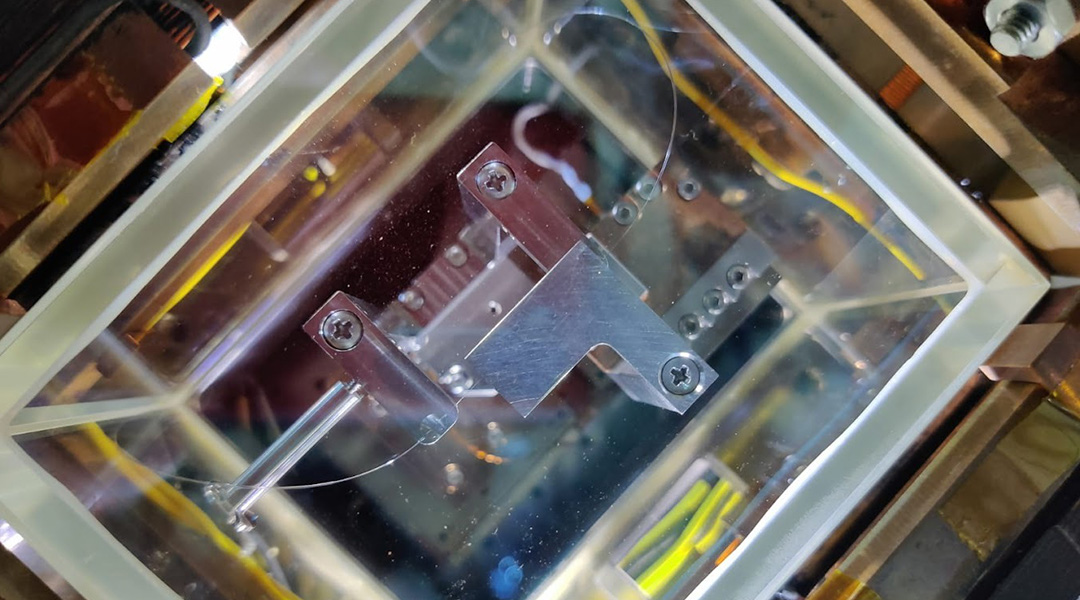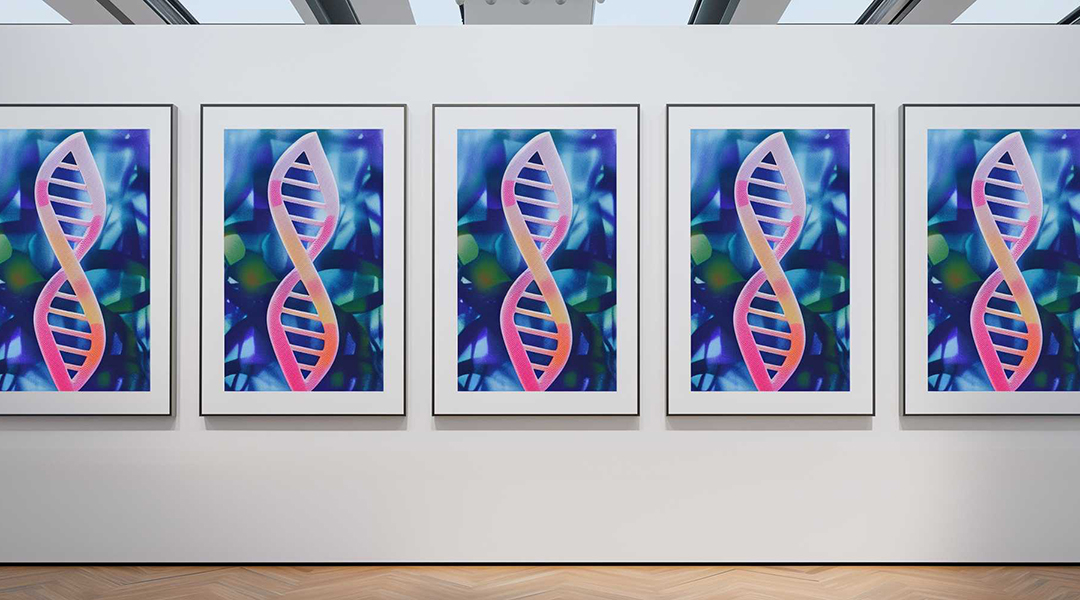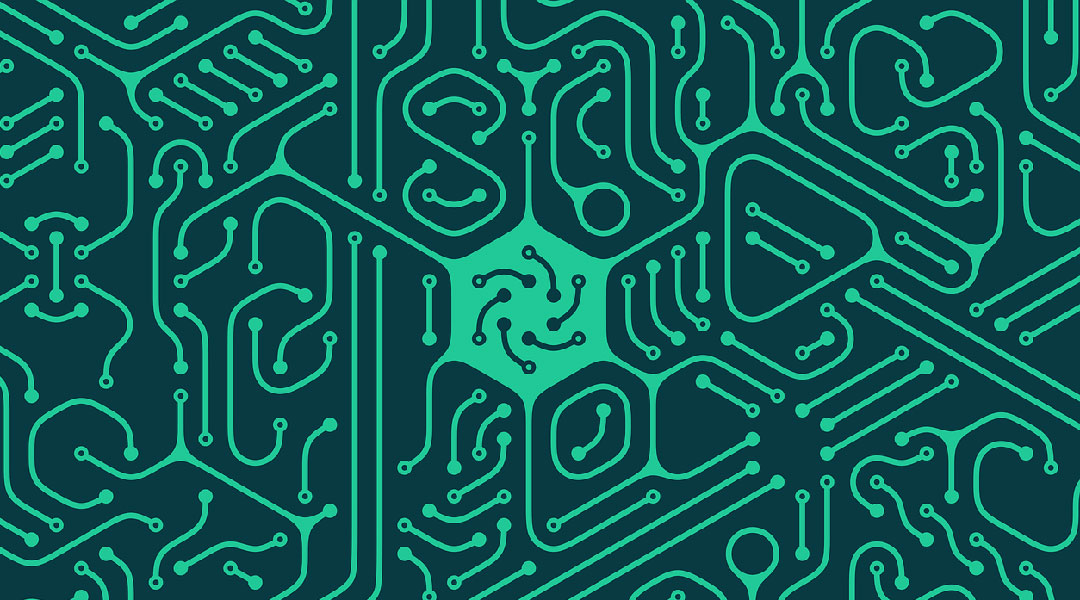Machine learning unveils the ideal structure of a quantum memristor, which could one day surpass current computing systems.


Machine learning unveils the ideal structure of a quantum memristor, which could one day surpass current computing systems.

In theory, quantum communications should be impossible to hack, but study shows this may not be true in practice.

Chaotic pools of DNA could be the future of encryption, proving authenticity of artwork or securing passwords against quantum computers.

People recognize their own biases in algorithms’ decisions more than they do in their own—even when those decisions are the same.

Scientists create magnetism in a non-magnet at room temperature for the first time, with implications in quantum tech and computer science.

Researchers develop “relative attention entropy” to optimize data transmission, aiding AI learning and communication systems.

In addition to ensuring the secure transfer of quantum communications, researchers have come up with a way to safely store and process data.

Computers based on memristors promise significant energy savings and improved accuracy in large-scale computing.

A radical superconducting qubit design promises to extend their runtime by addressing decoherence challenges in quantum computing.

To develop medical treatments in space, scientists first need to understand how the body behaves in this foreign environment.